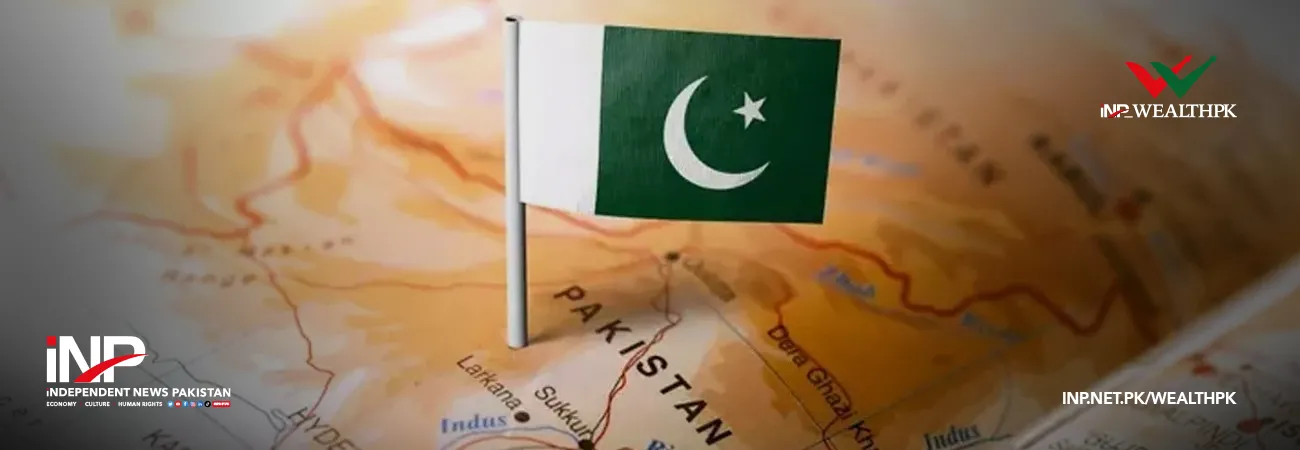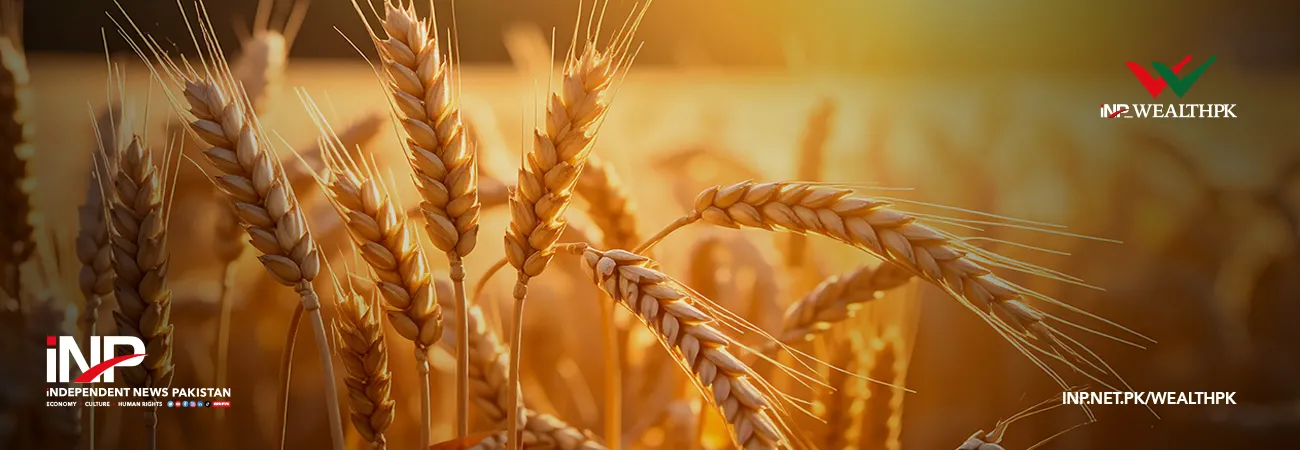INP-WealthPk
By Qudsia Bano ISLAMABAD, May 12 (INP-WealthPK): Dryland agriculture is performed on around 12 million hectares (40%) of total cultivable land in Pakistan, totally relying on rainfall. Since the governments’ primary investments have been in irrigated agriculture, the living conditions of the people dependent on rainfed agriculture have generally been abject. Explaining about the water storage means in these areas, Ms Saima, a senior scientific officer at the National Agriculture Research Centre (NARC) told WealthPK that mostly rainwater in rural and mountainous areas is collected in natural depressions known as ‘tobas’ and subterranean dug wells known as ‘kunds’. She said that since these areas have abundant rainfall, but lack water storage capacities, the government should focus on building water storage capacities to not only address the issue of water shortage in these areas, but also to reduce the risk of flooding in urban areas. According to the NARC scientist, because groundwater levels have been declining over time, desertification may become a serious problem. The water recharge can be addressed by building ponds to store rainwater. Furthermore, artificial groundwater recharge can be achieved using a variety of ways, including rainwater collection at the household level in urban areas, creating ponds in parks and farms, clogging flood drains, and even diverting river flows. The rainwater harvesting and collection should be the focus of the authorities, she stressed. The NARC scientist said that water collection infrastructure can range from simple rain buckets to more complex constructions with pumps, tanks and purifying systems. “Non-potable water can be used to irrigate gardens and crops in barani areas, as well as be filtered for human consumption.” Pakistan is currently classified as a water-scarce country, with annual water availability of less than 1,000 cubic megameters, according to the NARC official. She said by 2025, if the water availability reaches 500 cubic meters, Pakistan will be a country with restricted water resources. According to the Pakistan Council of Research on Water Resources, Pakistan is deemed to have crossed the "water scarcity line" in 2005. “If the issue is not resolved on an urgent basis, it can have a significant geopolitical, economic and ecological impact on the country,” said the scientist. “Extra water can be stored in specially-designed dams, reservoirs, and underground tanks during severe rainfalls, such as those seen during the monsoon, when rivers and canals overflow. This would not only prevent flooding in urban areas, but would also save water for use in times of emergency.” “In order to spearhead rainwater harvesting projects, the government will need to increase financial spending,” she stressed.













